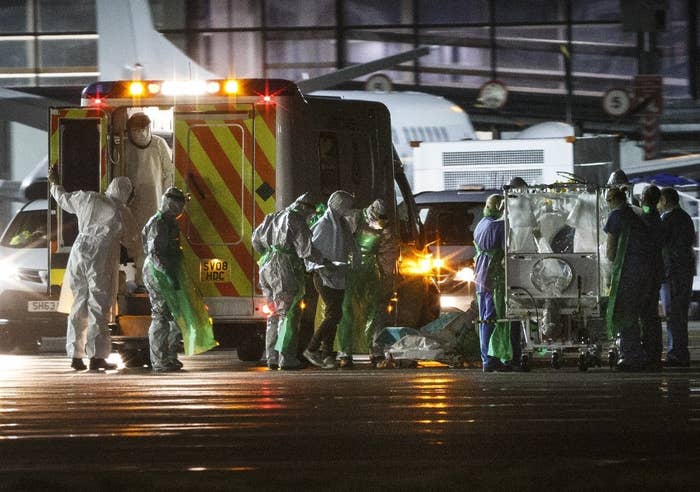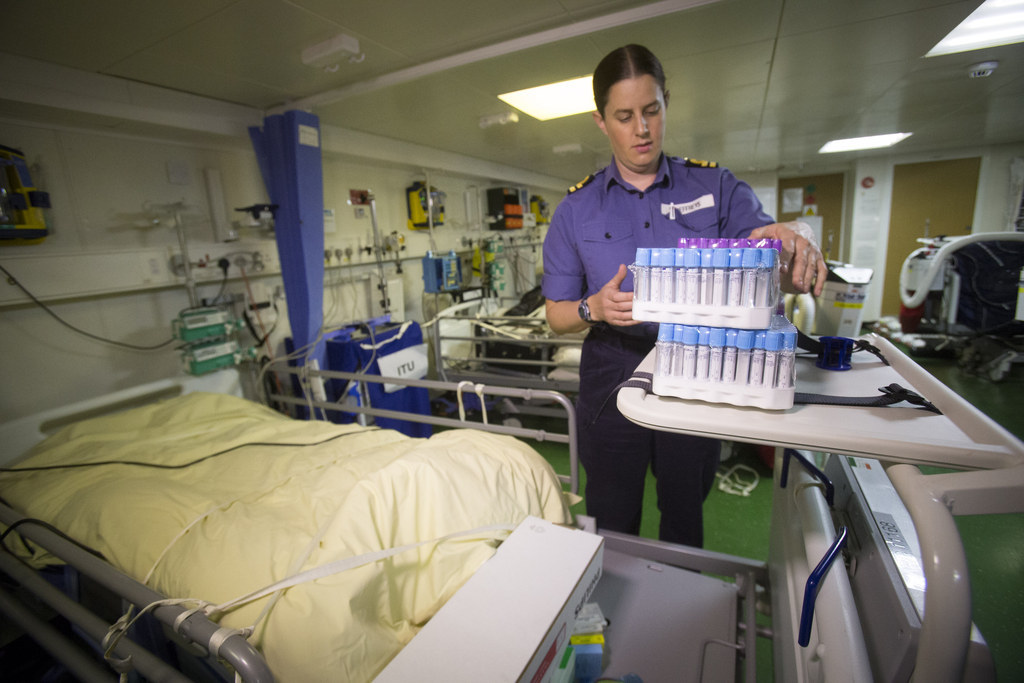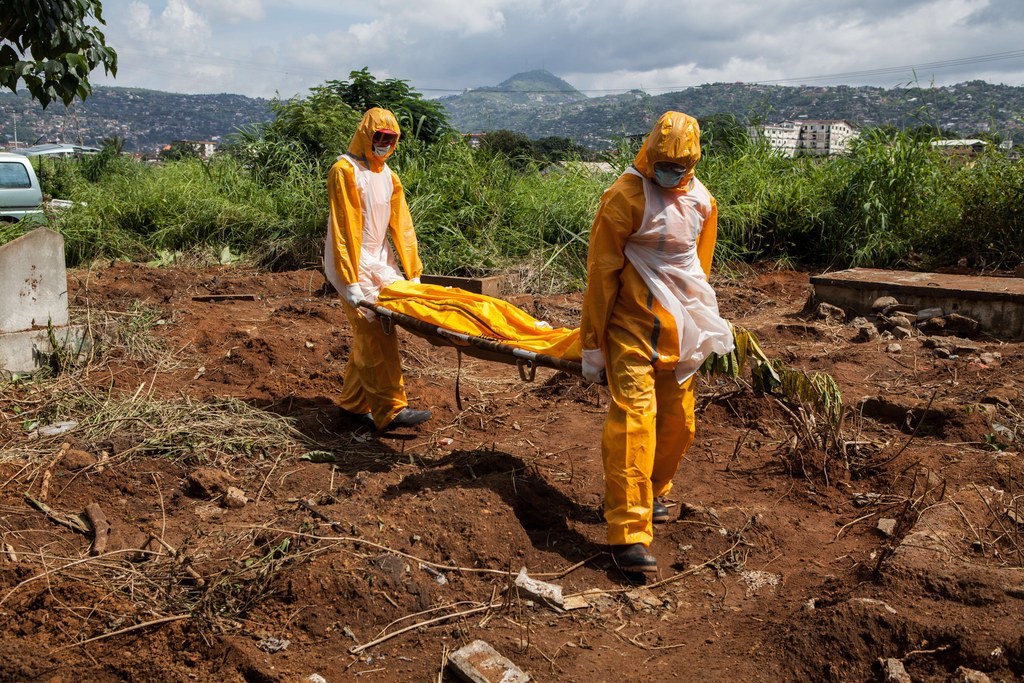The UK's response to the Ebola crisis was slow and inefficient, and may have failed to prevent thousands of cases of the disease in West Africa, says a parliamentary report.

The UK, and the rest of the world, were unprepared to do the rapid research required when Ebola broke out, the report says, and are still unready for the next epidemic.
The report says: "The failure to conduct therapeutic trials earlier … not only cost lives in this outbreak but will impact our ability to respond to similar events in future."
It also warns that the committee is "not convinced … that the government has looked ahead and considered how a more timely, coordinated and robust response could be achieved when the next epidemic emerges".
More worryingly for the future, it says, the UK lacks the means to rapidly manufacture vaccines.

The government response failed in a number of specific ways, the report says.
For instance, a new testing kit that would have sped up the procedure for detecting Ebola from days to minutes was rapidly developed, but then – despite government promises to make 10,000 of them – never produced in large numbers.
The government also ignored World Health Organisation recommendations to introduce screening for Ebola at British airports that the report says lacked "scientific evidence and rationale". Prof George Griffin, an infectious diseases specialist, told the report that screening was an "incredibly blunt and insensitive tool".
The report also says communication between government departments was needlessly and damagingly slow, and that slow communication costs "thousands of lives" in outbreaks like this.

For instance, although a Cobra emergency meeting was held in response to Ebola in 2014, a scientific advisory group for emergencies (SAGE) to coordinate the UK efforts to combat it wasn't set up for another three months.
Public Health England says the outbreak was "out of control" in West Africa by that point, and that the lack of coordination meant a lot of British work didn't have the impact it could have done because people in London were not communicating well with people in the field.
The report says a simpler, more straightforward mechanism to set up SAGEs, in the form of a recommendation from the government's chief scientific adviser, would speed things up next time.
The report also recommends that the procedures for setting up clinical trials in emergencies be changed.

However, the report also strongly praises the "enormous efforts made by governments, universities, regulatory bodies, humanitarian agencies, pharmaceutical companies and others" in responding to Ebola, and the "impressive deployment" of resources.
Nonetheless, it warns that "examples of UK successes in tackling Ebola, however, must not allow complacency to set in".
